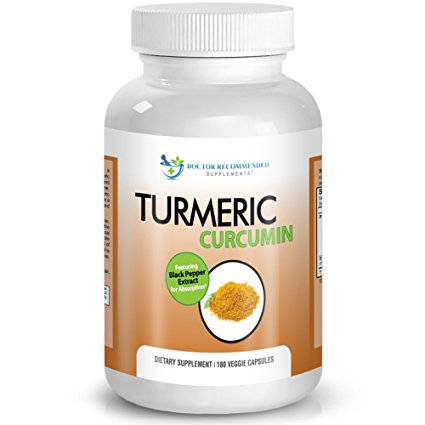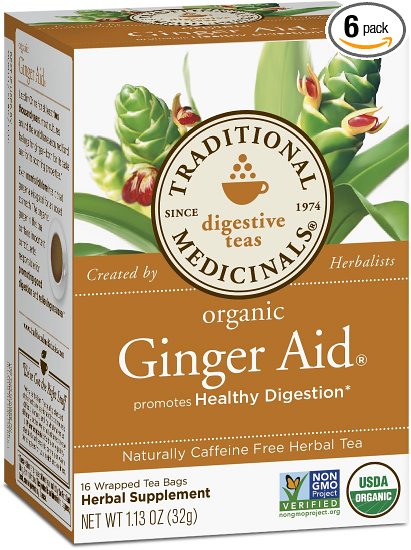Essential Oils for Heartburn, Acid Reflux, GERD
What is GERD?
Do you have chronic heartburn or acid reflux? If so, then you probably have GERD or gastroesophageal reflux disease. Essential oils can help.
GERD is incredibly common in the western world and if left untreated can cause serious damage to the oesophagus and perhaps lead to cancer.
GERD is a disease of the upper stomach and oesophagus where the stomach acid, and occasionally food, moves up into the oesophagus. This backwash up the oesophagus burns the lining of the oesophagus and causes the symptoms you experience.
In normal circumstances when food enters the stomach the esophageal sphincter (a band of muscle at the end of your esophagus) relaxes so the food moves easily into the stomach and then closes so the food and the bile needed to digest the food are kept in the stomach.
In some people this sphincter, called a LES, doesn’t close properly or is weak and then the digestive juices can flow unhindered back up the oesophagus causing the heartburn and inflaming the soft tissue lining the esophagus. This is called esophagitis.
Symptoms
- Difficulty swallowing (dysphagia)
- Heartburn
- Bile/acid or even food moving up your throat
- Dry cough
- Sore throat
Complications if Untreated
Allowed to continue untreated this inflammation will cause bleeding and complications such as:
Esophageal stricture. This is scarring due to continual contact by the bile on the soft tissues. This scarring narrows the canal, causing difficulty in swallowing.
Esophageal ulcer. This is when the continual eroding of cells lining the tissue leads to a sore forming. This sore may bleed and promote more damage, including an ulcer.
Barrett’s Esophagus. The tissue lining may change in colour and cell formation. This change may predispose the esophagus to cancer.
Contributing Conditions
Conditions which contribute to GERD:
- Obesity
- Smoking
- Asthma
- Diabetes
- Pregnancy
- Stress
Common Recommendations
To help relieve symptoms lifestyle changes must be made. Foods to avoid are:
- Citrus fruits
- Garlic and onions
- Chocolate
- Caffeinated drinks of all types
- Alcohol
- Fatty foods
- Tomatoes, tomato sauces
- Spicy foods and flavorings
Practical Suggestions:
Raise your bedhead by putting blocks under the top of the bed so your upper body is raised above the legs or invest in an adjustable bed if you can afford it. I recently installed an adjustable bed and foam mattress for our daughter's room for less than $1000.00 through Amazon by purchasing the Resort Sleep Queen 10-Inch Cooling Memory Foam Mattress and Pillow and the above queen size Classic Brands Adjustable Comfort Adjustable Bed Base with Wireless Remote, USB Port and Massage. While wife and I sleep on this mattress (upstairs in the daughter's room) when we have our father in law in town. Both products seem of good quality and the mattress is very comfortable to sleep on. We would be satisfied if this were our primary bed. In that past I suffered with GERD and found that an adjustable bed (back before less expensive versions were available on Amazon) worked better than blocks at relieving the symptoms and helping them to go away for good. A raised upper body while lying down helps to reduce the movement of bile up the throat.
For a less expensive solution for home or travel, you can add a pillow under your chest and another one under your sleeping pillow - this will raise your body at an incline so your head is above your chest/throat. Both these sleeping arrangements work, so use whichever suits you best.
If your symptoms continue even after lifestyle and diet changes are made then it’s best to see a doctor about other possibilities to reduce your GERD or to check for other causative factors.
Essential oils for Heartburn
We previously recommended using peppermint essential oil for GERD because of it's know relaxing effect, which can calm the spasms associated with reflux. Peppermint is a soother for all respiratory disorders. The original recipe follows:
|
Ingredients:
Directions: Add the ingredients all together and sip slowly every day first thing in the morning. |
However, since this original post, research and anecdotal reports have linked Peppermint essential oil to increased GERD symptom because the relaxing effects of the oil seem to reduce the effectiveness of the lower esophageal sphincter, a bundle of muscle forming a flap where the stomach meets the esophagus, in blocking acid from entering the esophagus.
So, here is another suggestion that is supported by some evidence for effectiveness. Try turmeric and ginger or the essential oils thereof. These substances are known to be very safe for normally ingested amounts and are very common in culinary preparations in Asian countries especially. Turmeric and ginger were studied and reported on in 2015 for treatment of the stomach for gastric ulcers.
Liju, V., Jeena, K., & Kuttan, R. (2015, January 26). Gastroprotective activity of essential oils from turmeric and ginger. Retrieved January 14, 2017, from https://www.ncbi.nlm.nih.gov/pubmed/24756059
J Basic Clin Physiol Pharmacol. 2015 Jan;26(1):95-103. doi: 10.1515/jbcpp-2013-0165.
The results were promising in that turmeric essential oil (TEO) and ginger essential oil (GEO) given orally inhibited ulcers in rats by 84.7% and 85.1% respectively and also reduced oxidative stress in the gastric system significantly. Since turmeric and ginger also have many other benefits being studied, I suggest incorporating them into your diet. Personally, I like to incorporate ginger tea and turmeric supplements into my regimen as well. Here are links to the ones that I have been ordering through Amazon lately because of the best combination of price and quality.


